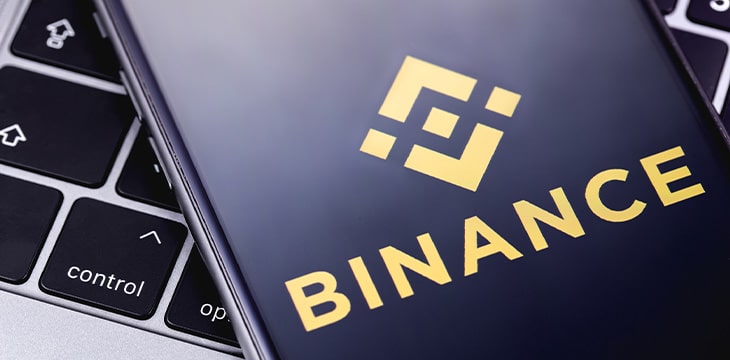
|
Getting your Trinity Audio player ready...
|
Binance is at the center of yet another multimillion-dollar digital currency scam. This time the exchange is being investigated in Pakistan in connection with its role in a scam that reportedly affected over 30,000 investors and led to the loss of over $100 million.
Pakistan’s Federal Investigation Agency’s (FIA) Cyber Crime Wing in Sindh confirmed that it had issued a notice to an official from Binance concerning the scam. According to a report by local newspaper Dawn, the agency issued the notice to Hamza Khan, the general manager of Binance Pakistan. Khan has been tasked with explaining the exchange’s link to the fraudulent online investment mobile applications.
“A relevant questionnaire has also been sent to [the] Binance Headquarters [in] Cayman Islands and Binance US to explain the same,” the agency revealed.
According to the agency, the scams had been modeled like Ponzi schemes. Wherein the older investors were being paid off by funds contributed by newer investors in a vicious cycle that had only one winner—the scammers.
Since December 2021, Pakistani investors have been reportedly contacting the FIA to report the scammers. In response, the agency had taken action against 11 mobile applications linked to the scammers, all of which had been taken down. These were “MCX, HFC, HTFOX, FXCOPY, OKIMINI, BB001, AVG86C, BX66, UG, TASKTOK and 91fp,” Dawn reports.
On the scammers’ modus operandi, the agency revealed that the scammers asked their victims to register and open new accounts at Binance. They then told the unsuspecting victims to transfer their digital assets to the scammers’ wallets, promising them incredible returns, according to the report.
The scammers also leveraged social media applications like Telegram. “At the same time, all the members of the group were added in groups on Telegram where so-called expert betting signals, on the rise and fall of Bitcoin, were given by the anonymous owner of the application and admins of the Telegram groups,” the FIA said.
Once the applications had accrued enough money from the victims, they would crash, and the scammers would cut off all communications to the investors. Each of the scam applications had an average of 5,000 customers, with the country’s financial regulator putting the total number of victims at over 30,000.
“The reported range of investment per person was from $100 to $80,000 with an estimated average of $2,000 per person thus making estimated scam stand at nearly $100m,” the agency said, noting how huge the damage was.
To crackdown on the crime ring, the FIA has blocked all the bank accounts related to them. It has also contacted Telegram to unearth the identities of the admins of the scam groups. All the social media influencers who promoted the scams have also been served with legal notices to explain their point of contact with the apps and the scammers.
In total, the FIA identified at least 26 wallet addresses used by the scammers, all with Binance.
“A letter has been written to Binance Holdings Limited to give the details of these blockchain wallet accounts as well as to debit block them. Binance has been asked to provide with conditions, official supporting documents, integration mechanism of these API’s (applications) with Binance,” the agency said.
The FIA also ensured that it would be keeping a keener eye on transactions being conducted on Binance “to curb the menace of terror-financing and money laundering as Binance is the largest easy-to-go platform facilitating such activities.”
Binance is expected to cooperate with the regulators on the investigations. However, if it fails to do so, the FIA said it will recommend financial penalties on the exchange through the State Bank of Pakistan.
It’s not the first time the exchange is being accused of having lax measures that let scammers thrive on its platform. In the U.K., TSB Bank cut off transfers to the exchange by its clients for this very reason. TSB also cited Kraken as another exchange whose AML and KYC measures were below par and allowed scammers to target unsuspecting individuals. In South Africa, Absa Bank also blocked transactions tied to Binance for similar reasons.
Follow CoinGeek’s Crypto Crime Cartel series, which delves into the stream of groups—a from BitMEX to Binance, Bitcoin.com, Blockstream, ShapeShift, Coinbase, Ripple, Ethereum,
FTX and Tether—who have co-opted the digital asset revolution and turned the industry into a minefield for naïve (and even experienced) players in the market.
Recommended for you
Lorem ipsum odor amet, consectetuer adipiscing elit. Elit torquent maximus natoque viverra cursus maximus felis. Auctor commodo aliquet himenaeos fermentum
Lorem ipsum odor amet, consectetuer adipiscing elit. Accumsan mi at at semper libero pretium justo. Dictum parturient conubia turpis interdum

 11-15-2024
11-15-2024 


